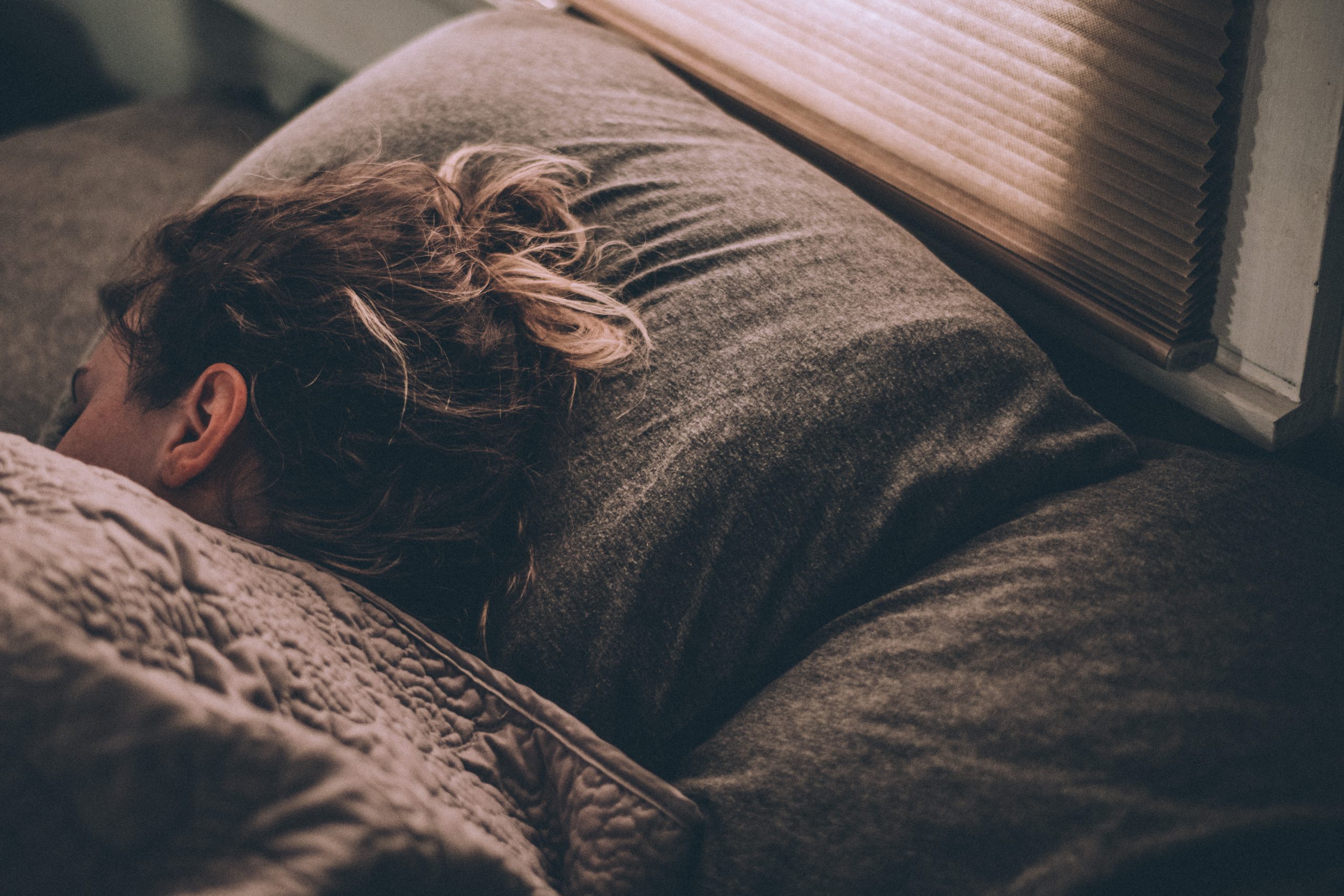Nights are meant for slowing down, resting from a long day, and getting that much-needed shuteye. Unfortunately, this isn’t always the case for a lot of people.
A Consumer Reports survey showed that 27% of the respondents struggled to fall asleep or stay asleep on most nights. Moreover, as many as 164 million Americans have difficulty sleeping at least once a week.
Various conditions cause sleep problems. If you have the same dilemma, an effective way to solve this is to identify the why’s behind it. Only then will you be able to successfully address the problem and get a refreshing night’s rest.
In the sections below, you will find some of the most common reasons and issues that cause sleep deprivation.
1. Insomnia
This is perhaps the most widely used word when talking about sleep problems. However, it’s essential to note that this can be broken down into two classifications:
- Acute insomnia – This is the most common type of insomnia and usually lasts from a few days to a few weeks.
- Chronic insomnia – Also referred to as chronic insomnia disorder, this lasts for at least a month.
Insomnia is commonly caused by stress, concerns about work, financial worries, and other thoughts that can keep your mind active at night. Aside from these, it can also be caused by stressful events or trauma. Frequent consumption of alcohol, caffeine, and tobacco can also trigger it.
You can cure your insomnia by actively managing these known causes as well as making changes in your lifestyle. For example, you can try setting a consistent wake-up time each morning to establish a routine for your body.
2. Pain
It will be difficult to sleep at night if you’re dealing with a headache, pain in the lower back, or burning stomach pain. Even if you have managed to fall asleep, it may wake you up in the middle of the night and keep you up due to the discomfort.
If your sleep problems are brought about by chronic pain, you must diligently follow your pain management routine. However, if your medications don’t seem to be effective, see your doctor as soon as possible to discuss better alternatives.
3. Nocturia
This refers to the condition wherein one wakes up more than one time each night to urinate. Nocturia mainly affects those over 60, but it can also affect people of any age. Additionally, it can also be brought about by menopause or childbirth in women, and an enlarged prostate in men. Heart disease and other similar conditions can also contribute to nocturia.
While these are all uncontrollable factors, there are those which you can manage. For example, you can reduce your caffeine and alcohol intake as well as the amount of fluid you drink before you hit the sack.
4. Your Lifestyle
Many elements in your lifestyle can affect the amount and quality of sleep you get each night. That said, you can start looking at these factors:
- Diet (Caffeine, alcohol, and nicotine intake)
- Napping during the day
- Exercising right before bedtime
- Using phones, laptops, and other devices late at night
If you are guilty of some or all of the items mentioned above, it’s time to get rid of them to get to bed on your desired time and sleep well.
Conclusion
Getting enough sleep is essential in restoring your body from the day’s work and keeping it healthy. However, there may be factors that are keeping you from getting that restful shuteye you need. The good news is that you can turn the situation around by actively identifying the causes and making the necessary adjustments. Soon enough, you will get that refreshing sleep and wake up feeling energized and ready for the day.
Get your daily dose of health and medical news here at Dose of Healthcare! We cover relevant topics and share helpful articles so you can stay updated with the latest in the healthcare industry.


















